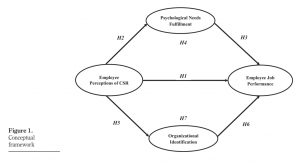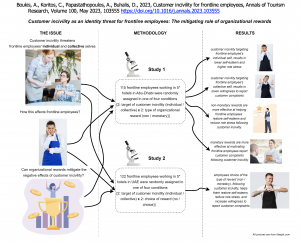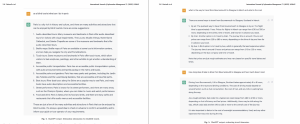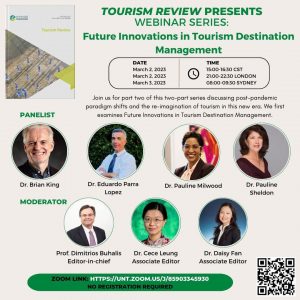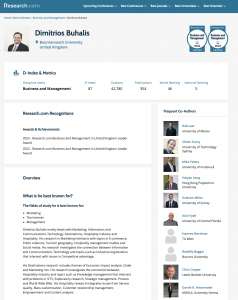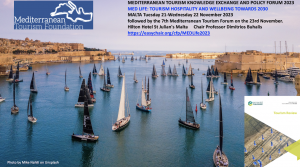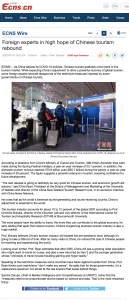Smart cities are places where services and networks are made more efficient with use of different types of electronic methods and digital solutions for the advantage of its locals and businesses. The gathered information and big data are then used to manage assets, resources, and services efficiently to improve the operations across the city. Smartness is about networks of interconnected entities that collaborate to develop the collective competitiveness of the ecosystem.
Smart Cities and Tourism: Co-creating experiences, challenges and opportunities provides new insights into the current issues, opportunities, and concepts for the next generation of urban evolution.
The smart cities of tomorrow engage locals, visitors, governments and businesses in an intelligent, collaborative and connected ecosystem. Smart tourism integrates the entire tourism ecosystem and supports the value cocreation for all stakeholders. To this end, this book, with its three parts and 12 chapters, provides a comprehensive understanding of city services, as well as evaluating the local and visitor experience, and investigating how ‘smartness’ creates liveable environments, business solutions and tourism innovations.
With international contributions from well-respected and international academics, it brings state-of-art knowledge on marketing management (and related areas such as urban studies) from a new modern perspective within the smart cities. Via academic research and international case studies, it discusses issues such as:
• Smart cities
• The evolution of the smart city
• Smart tourist destinations
• Smart trends in the tourism and hospitality industry
• Smart sports in smart cities
• Smart cities towards the quality of life of residents
It serves as a crucial reference point for smart city researchers, scholars, students and practitioners by offering new insights and stimulating potential future research.
